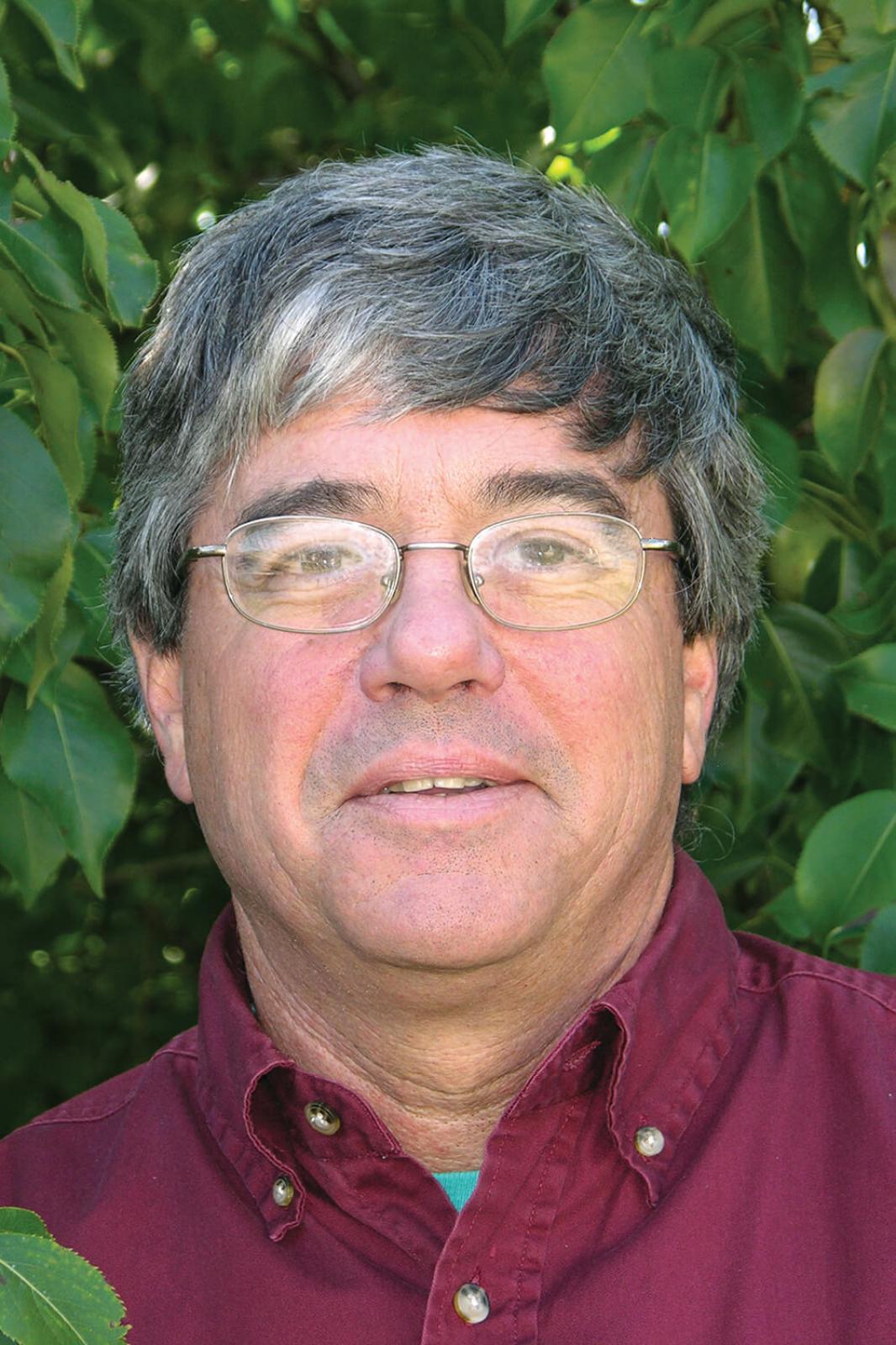June 1, 2017

Bob Osborne
Here because I love it
Bob Osborne operates Corn Hill Nursery in King’s County, N.B, where he grows fruits, ornamentals, vines and perennials without pesticides, herbicides or chemical fertilizers. Jim Landry of Landscape New Brunswick recommended Osborne for this column: “Bob has mentored everyone ... his life is all about passing along his vast knowledge to anyone who comes within a 20-foot radius.” Osborne is a published author and a Red Seal apprenticeship instructor.
To what do you attribute your business’s longevity and success?
Our business probably breaks every rule; we don’t have any positions here, nobody has a title. Most employees have worked for me at least 20 years, some for 25 or 30. That makes my life easier because I don’t have to do a lot of training — they all know what to do. I don’t even have to tell somebody when to irrigate or when to take the cuttings for grapes, because they do it every year.Employees come first. If they have family issues, I have never said no to anybody needing a day off or to go do something. One of my landscapers just asked the other day if he could go to a concert in July, and I said, ‘Just as long as I know when you’re going, we’ll find a way to fill in for you.’ That’s part of why our staff have stayed with us over the years. We also give raises each year; it’s a nominal raise, maybe, but if they’ve worked here long enough, they are making a fair salary. Of course it doesn’t compare to what other industries offer. But our team is made up of people who just love the work.
What do you look for in employees?
Really what you’re looking for is people with drive and energy. If somebody comes in the door and says they are looking for work, drop off their resume and head out, I’m probably not going to hire them. Whereas if someone comes in to tell me they really want to work at our nursery, and can talk about why they are interested, I’m certainly going to be more engaged. I may tell them there’s nothing open, but if they come back again, they’re the type of person we want to add to the team.There’s a real work ethic here at our nursery. I remember hiring one fellow; after the first day, my other crew members said if he stays, we go. It turns out he had been lying down, literally, in the field. So our team has a strong work ethic and they don’t put up with anybody who doesn’t cut the mustard — and they’ll tell me about it.
Why have you taken an active role in apprenticeship?
I’ve always loved teaching, and talking about what we do. Over the years, I have given a lot of talks to Kiwanis clubs and garden clubs. So when the opportunity to work with apprentices came along, I was very interested.It’s interesting because you’re working with students who are already in the industry, and have enough passion to get their Red Seal, which is a three-year program. However, many are from hardscape backgrounds and don’t know as much about the nursery side. I’ve found it very rewarding to work with these young people, and share my passion for the business. When students can tell the teacher is truly passionate, they are so much more likely to get engaged.
What would you like to share with newcomers to the nursery business?
If you don’t love it, you’d better leave it — because it will drive you crazy. If you want to make money, this is the worst business in the world to get into. There’s just very little money in any kind of farming, but nursery ... it’s the worst.But I love the work, and the people here love the work. It is just a pleasure to work here. It’s a very beautiful environment; you’re surrounded by colour and you’re working in fresh air, and it’s always changing. Now they’re digging, and then they will be cultivating and then they will be weeding and potting perennials. It’s seasonal and cyclical, but it’s always changing.
If you have a mentor to recommend, email editor@landscapetrades.com.